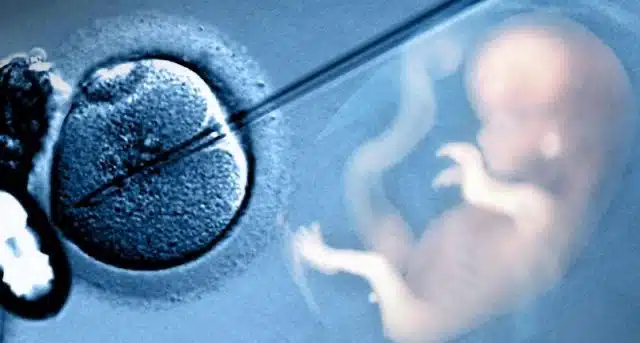Embryo Transfer

Key points after Embryo Transfer:
- In most cases, this procedure does not require anesthesia, but in some cases, this procedure may be perfoemed under anesthesia.
- It is recommended that the patient stays immobile and rests for 45 to 60 minutes after the embryo transfer befor getting up from the bed.
- Any sexual activity of couple is forbidden and should postpone to 4-5 weeks and it should be done with the doctor's opinion and in a completely safe state for the woman , so as to put the least physical pressure on the uterus.
- Absolute bedrest is not recommended after the embryo transfer. The patient should avoid heavy physical activities.
- Progestrone hormone has a great role on implantation of fetus in the uterus and continuous pregnancy. It is also has role on uterine layers strength and decrease uterine.
One of the most important steps in the infertility treatment through In Viro Fertilization (IVF) and the Intra Cytoplasmic Sperm Injection (ICSI) method is embryo transfer in to the uterus.
After doing microinjection or IVF, if the eggs have developed into embryos and have gone through their development stages properly.
The embryo transfer can be done and are transfer can be done and are transferred to the uterus.
At this stage, three or five day embryos are transferred. The embryologist decides on the number of embryos to be transferred. This decision is made based on the quality of the embryos, the age of the mother, and the condition of the mother's uterus. Embryos differ in terms of quality. The patient must follow proper post procedure instructions to increase the changes of success.
- It is recommeneded to inject progestrone and use vaginal suppositories regularely and in case of pregnancy it should be continued under the doctor supervision.
- It is recommended to pay attention to a healthy diet and use fresh fruits and vegetables and low-fat milk instead of soft drinks and coffee, and boiled foods instead of fried foods and not to overdo the consumption of foods containing preservatives such as chips , sausages, and sausages.
- The patient should avoid constipation and defecation disorders by consuming natural foods such as olive oil, dry figs or plums, so that during defecation, strong physical force does not enter the abdominal area.
- Any stress or anxiety about the result of the operation and paying no attention to negative thought secure the success of the operation.
-
Having the support of relatives especially the husband has great role on success in this stage.
